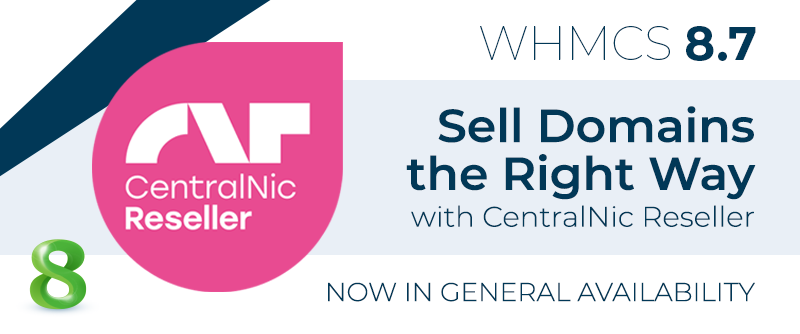In the e-commerce business, customer confidence is essential to increasing conversion rates. According to Symantec's 2016 Internet Security Threat Report, web-based attacks increased by 36 percent from 2014 to 2015, with a fourfold rise in malware attacking Linux - the most widely used operating system on web servers. With new malware, phishing scams, and other cyber-threats appearing on the web every day, customers need to know whether or not your website can be trusted. That is where Secure Sockets Layer (SSL) certificates come in.
SSL: A Visible Sign of SecuritySSL is the standard security protocol used by millions of websites to encrypt their online transactions with their customers. By creating a secure link between an Internet browser and a web server, SSL ensures that all information transmitted between the browser and the server remains private.
The SSL certificate is an essential tool for anyone conducting transactions online. Not only does adding an SSL certificate to your e-commerce site help protect your business, but it also reassures your customers that your online store is a safe, secure e-commerce site. An SSL certificate is a clear, visual confirmation that your business has taken the necessary steps to ensure your online store is a trustworthy place to conduct business.
Trust You Can See An SSL certificate ensures the secure communication of sensitive information as it's transferred from the web browser to the web server. The SSL certificate encrypts data at the time it is submitted to a website, thereby preventing hackers from reading the information as it travels across the information superhighway. Once the information has reached the intended recipient, the data is decrypted into its original, usable form.
Since Netscape first began offering the SSL protocol as a security technology in 1996, online customers have been instructed to look for a padlock symbol in the address bar of their browsers before providing sensitive personal information over the Internet. Today, customers associate the padlock symbol with integrity and trust. The padlock represents an encrypted link between you and the customer and shows that your online store is a legitimate business or an accountable legal entity.
Your website visitors can check the authenticity of an SSL certificate and verify the ownership of your website. The ability to validate the ownership of your web domain and other details concerning the legitimacy of your organization gives customers added peace of mind when doing business with you online. Your web visitors will gain the reassurance of knowing your website is secure -- and this translates into an increase in conversions for you, the website owner.
Not just for credit cardsA common misconception is that an SSL Certificate is only needed if you accept credit card payments through your website. However an SSL certificate is just as important if you accept payments via third party payment gateways such as PayPal or 2CheckOut since an SSL certificate protects not only payment information, but all data communication between a customer and your website, ensuring personal information such as name & addresses, support requests and more are kept private.
Boost Customer Confidence With an SSL Certificate from WHMCSYou spend a lot of time, energy, and money driving traffic to your online store. To keep visitors on your site and give them the confidence to buy from you, you need to show them that their transaction is safe with your site. Secure your website's good reputation - and your customers' confidence - with an SSL certificate.
WHMCS offers three dynamic SSL options RapidSSL, QuickSSL Premium, and True BusinessID with EV. RapidSSL is the simplest of the three, while True BusinessID comes with Extended Validation which gives you the green address bar providing the maximum visual assurance to customers that your site is secure and giving them the confidence to complete their transaction.

Securing your WHMCS installation with an SSL Certificate couldn’t be easier, once both WHMCS and the SSL are installed (SSL must be installed server side) then simply navigate to Setup > General Settings within the WHMCS admin area and enter your secure https:// URL into the WHMCS SSL System URL field and click Save! Now when visitors place an order or existing clients update their billing details they’ll see you care about their security.




